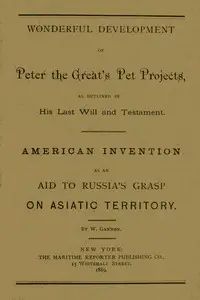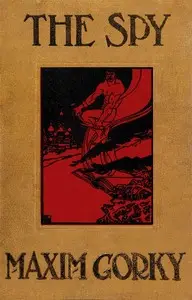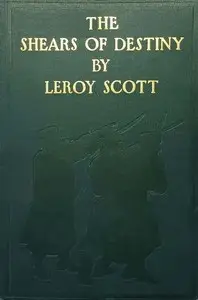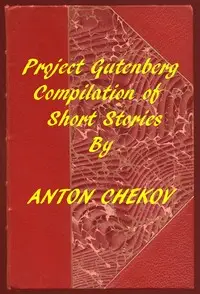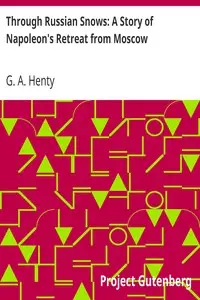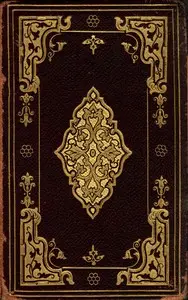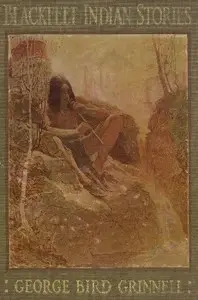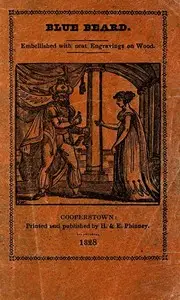"The Steel Flea" by N. S. (Nikolai Semenovich) Leskov is a fictional legend set in the late 1800s that celebrates Russian craftsmanship and national pride. It tells the story of Emperor Alexander I's visit to England, where he discovers a beautiful steel flea made by English artisans. Determined to prove Russian skills are superior, he tasks the gunsmiths of Tula, including a unique left-handed artisan, with creating something even more extraordinary. The gunsmiths secretly work to enhance the flea with tiny shoes. The tale culminates with the left-handed man's journey to England to show off this incredible work, highlighting themes of ingenuity, cultural identity, and the importance of craftsmanship on an international stage.
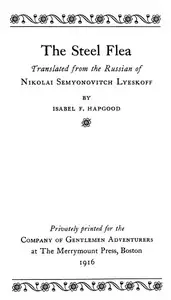
The Steel Flea
By N. S. (Nikolai Semenovich) Leskov
A Russian emperor's quest to outshine English artistry leads to the creation of a miniature marvel that tests the boundaries of skill and national pride.
Summary
About the AuthorNikolai Semyonovich Leskov was a Russian novelist, short-story writer, playwright, and journalist, who also wrote under the pseudonym M. Stebnitsky. Praised for his unique writing style and innovative experiments in form, and held in high esteem by Leo Tolstoy, Anton Chekhov and Maxim Gorky among others, Leskov is credited with creating a comprehensive picture of contemporary Russian society using mostly short literary forms. His major works include Lady Macbeth of Mtsensk (1865), The Cathedral Folk (1872), The Enchanted Wanderer (1873), and "The Tale of Cross-eyed Lefty from Tula and the Steel Flea" (1881).
Nikolai Semyonovich Leskov was a Russian novelist, short-story writer, playwright, and journalist, who also wrote under the pseudonym M. Stebnitsky. Praised for his unique writing style and innovative experiments in form, and held in high esteem by Leo Tolstoy, Anton Chekhov and Maxim Gorky among others, Leskov is credited with creating a comprehensive picture of contemporary Russian society using mostly short literary forms. His major works include Lady Macbeth of Mtsensk (1865), The Cathedral Folk (1872), The Enchanted Wanderer (1873), and "The Tale of Cross-eyed Lefty from Tula and the Steel Flea" (1881).

